November 20, 2024 | 03:49 GMT +7
November 20, 2024 | 03:49 GMT +7
Hotline: 0913.378.918
November 20, 2024 | 03:49 GMT +7
Hotline: 0913.378.918
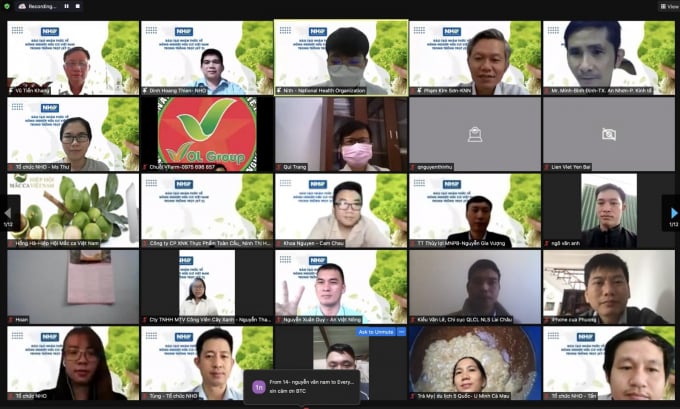
Awareness training course on Vietnamese organic agriculture in crop production. Photo: Le Hoang Vu.
NHO presented a program named "Awareness training on Vietnam organic agriculture in crop production" (Session 2) on December 16. The event is part of a series of activities aimed at connecting trade, agricultural product consumption, and training classes aimed at enhancing production, business, and sales capacity in line with the trend of digital transformation and in response to the challenges posed by the Covid-19 pandemic for businesses, cooperatives, cooperative groups, business households, and OCOP subjects.
The organizer predicted that via this training course, the business community would overcome obstacles sparked by the Covid-19 epidemic, adapt to the trend of digital transformation, enhance their production and business management capabilities, and successfully connect to the market.
Experts discussed organic agriculture in Vietnam, how to apply fertilizers and enhance soil, and how to handle plant pests organically. Participants' questions were thoroughly addressed by specialists both during and after the event.
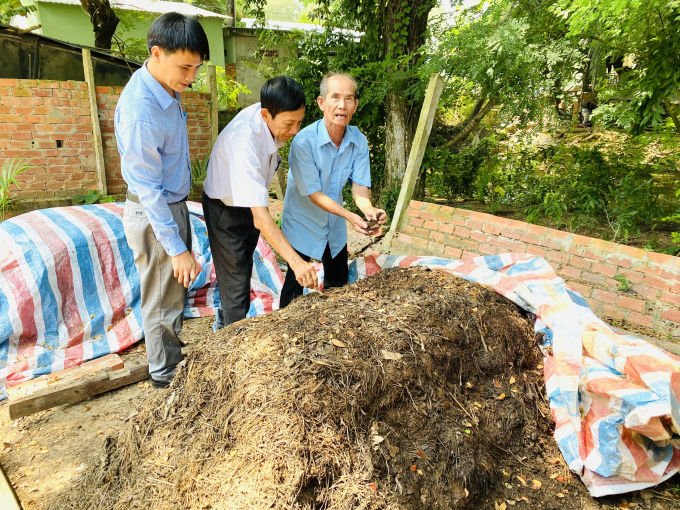
Farmers compost organic manure to fertilize crops. Photo: Le Hoang Vu.
Mr. Tran The Nhu Hiep, Deputy General Director of the NGO, stated: "Organic agriculture is now an inevitable trend in order to limit the use of chemical fertilizers, preserve public health, and create safe, high-quality agricultural goods for customers." There are four guiding concepts in organic agriculture.
To begin, organic agriculture should preserve and improve the health of the soil, plants, animals, humans, and the planet as a cohesive, entire, and indivisible unit.
The second is the ecosystem: Organic agriculture should be founded on living ecosystems and natural cycles, functioning within them, according to their principles, and contributing to their integrity and harmony.
Thirdly, organic agriculture must be built in such a way that it ensures justice to the general environment and living possibilities for all living creatures.
Finally, there is the prudential principle: organic agriculture should be handled carefully and responsibly in order to safeguard the health and well-being of current and future generations, as well as the environment.
Translated by Linh Linh
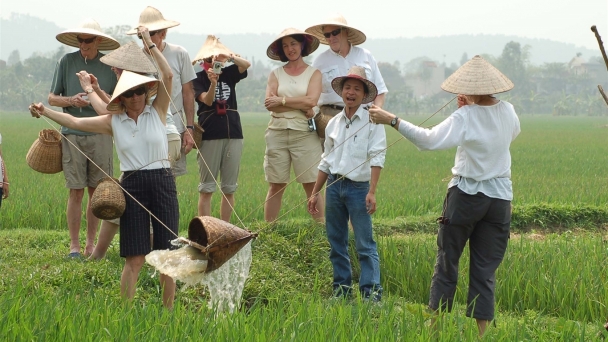
(VAN) The lack of specific legal regulations has caused confusion and difficulties for local authorities in managing agricultural and rural tourism activities.
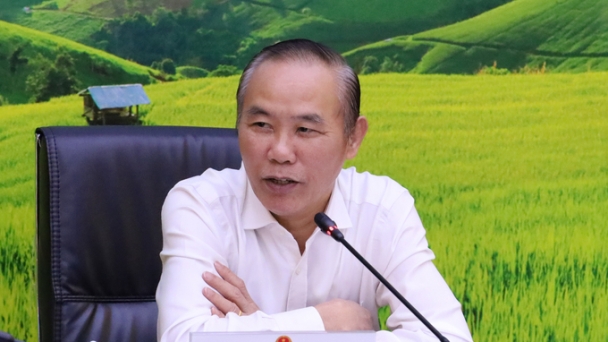
(VAN) The Vietnam Organic Agriculture Association has proposed that the Ministry of Agriculture and Rural Development allow the socialization of organic agriculture training programs.
/2024/11/19/0702-2-190441_555.jpg)
(VAN) The 24th Vietnam International Agriculture Trade Fair, AgroViet 2024, received participation registration from more than 100 domestic and foreign units with 256 standard booths.
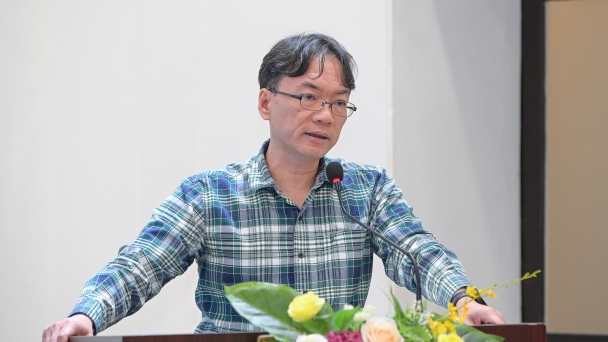
(VAN) Due to the terrain stretching over 15 latitudes with many microclimates, meteorological and hydrological forecasting models require more time to reduce the variance to below 5%.
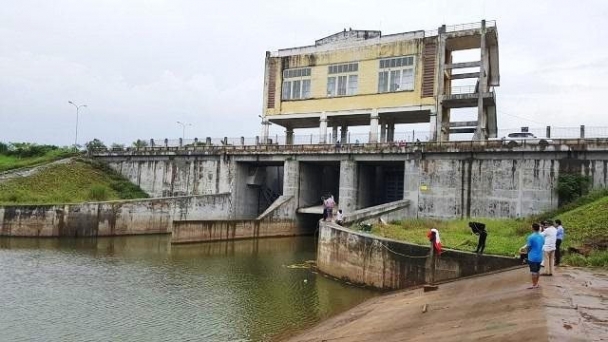
(VAN) To effectively manage, exploit and operate irrigation works, former Deputy Minister of Agriculture and Rural Development Hoang Van Thang emphasized the need to link these activities with the responsibilities of organizations and individuals.
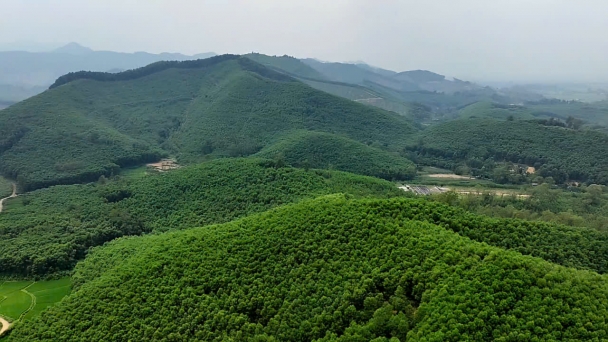
(VAN) By assigning plantation codes, each forest plot is defined within a database, enabling convenient monitoring, supervision, and easy tracing of legally sourced timber.
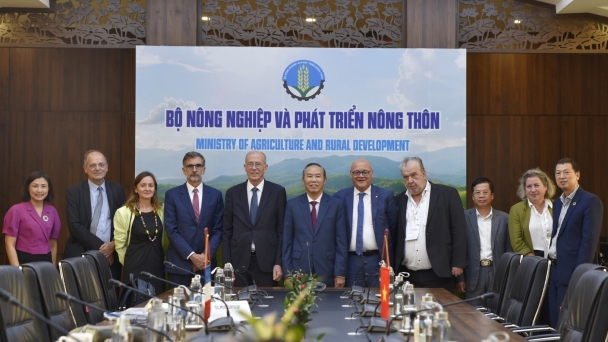
(VAN) Vietnam-France agriculture sectors are entering a new era of collaboration, focusing on sustainable development, advanced processing, and technology application.